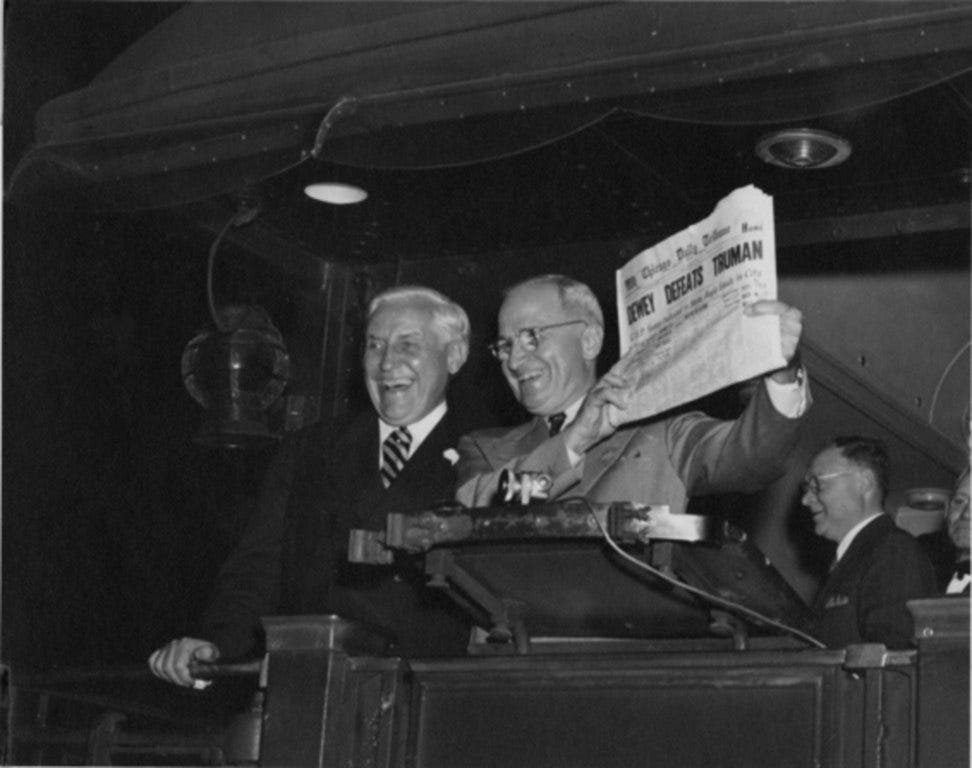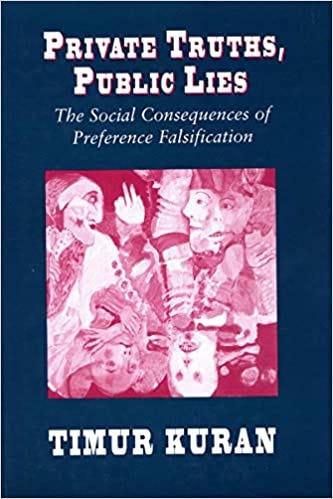I have long been fond of vampire stories, particularly films and TV shows. This is something of a cliche among same-sex attracted folk -- intimate sharing of bodily fluids in intense, often apparently orgasmic, experiences manifesting desire incorporating folk of the same-sex by powerful beings who get others to conform to those desires: what's not to like?
I very much enjoyed all 7 seasons of
Buffy and all 5 seasons of
Angel. The
musical episode of
Buffy is according to
IMDB (Internet Movie Data Base) ratings, close to perfect television. And who can forget
the puppet episode of
Angel? I also very much enjoyed the vampire
noir of
Ultraviolet which, across its episodes, never used the "V-word".
When
True Blood came along, billed as "vampires for adults", I was initially quite engaged. I had read and enjoyed many of the books in the
Southern Vampire series by
Charlaine Harris that inspired the TV series. Yet I gave up on
True Blood in the 4th season.
Conversely, I had ignored
The Vampire Diaries as just teen angst vampire romance. Having eventually given it a go, I am now watching the 8th (and final) season. I enjoy even more its spinoff series
The Originals (now in its 5th season, though I have only seen the first two).
Which made me wonder, why did
The Vampire Diaries hold my attention much more than
True Blood did?
I find the
IMDB ratings, if enough people rate a show, to be pretty good
wisdom-of-crowds indicators of quality. The IMDB ratings (out of 10) of the aforementioned shows, are, in downward order:
The Originals, 8.3
Buffy, 8.2
Ultraviolet, 8.1
Angel, 8.0
True Blood, 7.9
The Vampire Diaries, 7.8
So, not a lot of variance; though
The Vampire Diaries-Originals franchise is the most successful (producing the highest IMDB rated show of the group, though slightly lower combined rating, and more total seasons than the
Buffy-Angel franchise).
True Blood and
The Vampire Diaries are a mere 0.1 apart in IMDB ratings and why one engaged me more successfully than the other is not because of any clear difference in acting performances, eye candy or dialogue. Indeed, my stand-out favourite performance in either series is the (sadly) late
Nelsan Ellis's performance of Lafayette in
True Blood.
Nor is it a matter of moral seriousness.
The Vampire Diaries has no moral centre whatsoever. (Nor, for that matter, does
The Originals, which operates rather as a supernatural gangster show.)
True Blood has a much stronger queer element, starting with Lafayette, than
The Vampire Diaries but that hardly seems a drawback for
moi. Nor am I one of those sad queer folk who demands queer content to enjoy something, though I devour male-male romance e-books.
 |
The fabulousness that is
Lafayette |
The Vampire Diaries has no moral centre, but it does have an emotional one. I have found it genuinely moving at times. Which gets to why it held my attention much more than
True Blood.
First is place. Mystic Falls, the town at the centre of
The Vampire Diaries, is more successfully and engagingly evoked as a place than Bon Temps in
True Blood.
The Originals has New Orleans, which almost counts as an unfair advantage, but has meant that
The Originals continues and improves the evocation of place that worked for
The Vampire Diaries.
Second, and related, is family.
True Blood does not really take family seriously. It appears to, but families tend to be dysfunctional adjuncts to characters rather than engaged structural elements of the story.
Vampire Diaries takes family more seriously, starting with the two central characters, the Salvatore brothers Stefan and Damon. Characters are very much placed in family contexts, with family histories which operate more than backstory props, with family being treated as a serious factor in people's emotional lives for good and ill. Which, in turn, helps Mystic Falls be a more successfully evoked place than Bon Temps.
Again, this strength applies even more to
The Originals, which is centred around the original Vampire family, the Mikkaelsons. Particularly the brothers Klaus and Elijah, but extending to their father, mother, and siblings. But families as living and shaping legacies applies also to other
The Originals characters, human, witch or werewolf.
True Blood, particularly in its opening credits, is more self-consciously culture-political than
Vampire Diaries, which is a mixed feature, as it can get in the way of the story telling.
True Blood is a bit too inclined to see the South in terms of its flaws, which weakens the show's use of family and invocation of place.
The Vampire Diaries also ends up creating a richer metaphysics than
True Blood. In
True Blood, supernatural creatures just are, and flit across the story more as mystery-marvels than things with a place.
The Vampire Diaries, by contrast, is very much concerned to provide origin stories.
Which rather summaries why
The Vampire Diaries held my interest more successfully than
True Blood. It was more committed to story. Families as having stories, a specific town shaping stories, supernatural beings and structures as having stories. I stopped caring about what happened to characters in
True Blood because it was too much one damned thing after another and too little people in connecting webs of people and place. For people who are inside stories have more capacity to engage than people who are story-props.
The Vampire Diaries even managed to make a character who was off-screen for the last two seasons a continuing part of the story, both because of the way that was a continuing touchstone for the other central characters and because it enabled the show to return to the "diary" device by having various characters write entries to a journal of "what happened while you were away".
The character of Klaus Mikkaelson, played beautifully by
Joseph Morgan, a recurring character in a couple of seasons of
The Vampire Diaries and one of the central characters of
The Originals, is an excellent example of character both in and driving story. He is clearly both embedded in his family and shaped by it. His life becomes focused around his (miraculous but explained) daughter. He is both highly intelligent and deeply emotionally flawed (for entirely understandable reasons: when you meet his parents, so much is explained--including why his brother Elijah is so keen to emotionally redeem Klaus). Indeed, being so smart, so cunning, yet so emotionally unbalanced, is central to Klaus's character dynamic -- he is smart/cunning enough to cope with his emotional flaws but too shaped by them to overcome them. Which generates plenty of dramatic tension, of course. But also makes him a deeply engaging, if at times horrifying, character. (Remember, no moral centre.)
The Vampire Diaries was more committed to story, which meant more committed to connections and place, than
True Blood, which is why the former kept my interest in a way that the latter failed to do.
[Cross-posted
at Skepticlawyer.]











